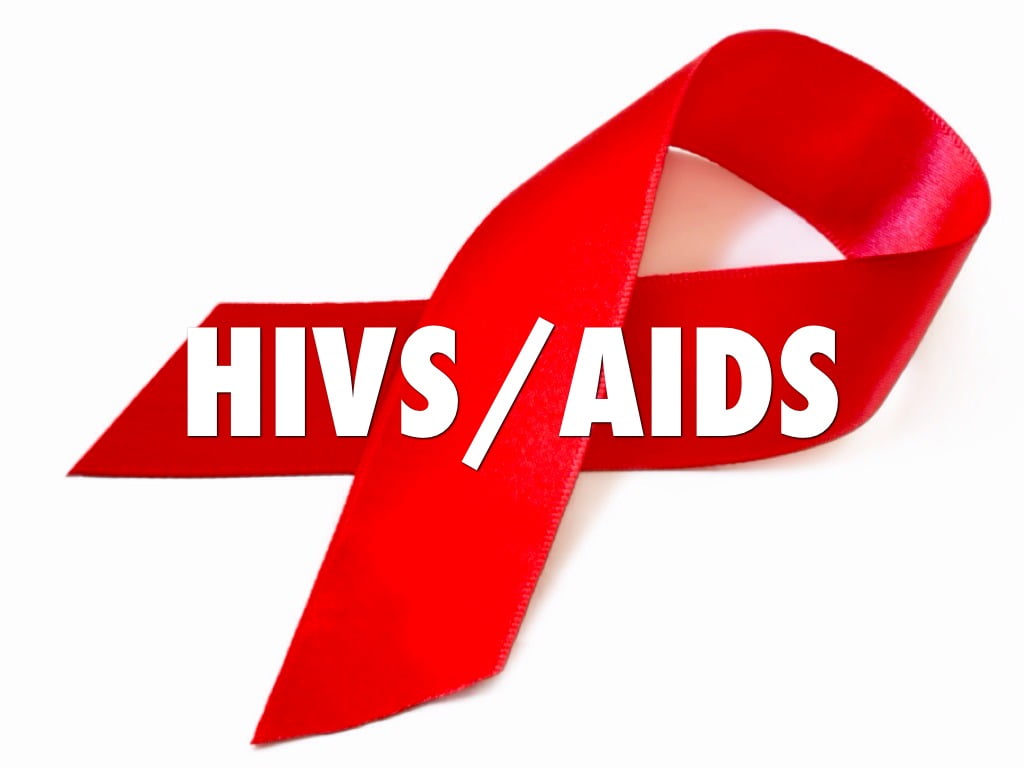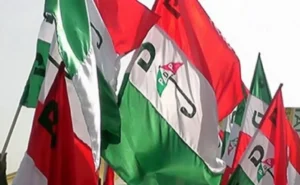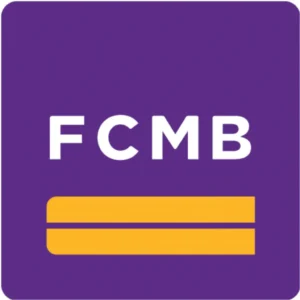The recent decision by the U.S. government to halt funding for HIV/AIDS treatment has raised significant concerns among people living with the disease in Northern Nigeria. Haruna Makafin Dala, Secretary of the SafeLife Sustainable and Counseling Initiative in Kano, expressed deep worry about the impact on vulnerable groups, particularly children and the elderly.
Makafi, who benefits from free HIV medication and advocates for treatment adherence, highlighted the confusion among patients who rely on free antiretroviral drugs. He fears that without government intervention, many may seek unproven remedies from fraudulent traditional healers, potentially worsening the situation.
Bashir Ismail, another individual living with HIV, reported that free testing and medication for new patients have been suspended, leading to uncertainty about the future of those dependent on these services.
A survey by the SafeLife Sustainable and Counseling Initiative revealed an increase in HIV cases among children in Kano State, with support for orphaned children declining. The organization currently cares for over 2,000 orphaned children whose parents have died due to HIV-related complications.
The U.S. President’s Emergency Plan for AIDS Relief (PEPFAR), a cornerstone in the global fight against HIV/AIDS, has been significantly impacted by the funding halt. The World Health Organization (WHO) has condemned the decision, warning that prolonged suspension could lead to a rise in new infections and deaths, reversing decades of progress.
PEPFAR has been instrumental in providing HIV treatment to over 20 million people worldwide, including 566,000 children under the age of 15. The funding freeze has created uncertainty and disruption of services for HIV patients, particularly in sub-Saharan Africa, which relies heavily on U.S. humanitarian assistance.
In response to the funding freeze, many organizations have closed, creating uncertainty and disruption of services for HIV patients. The aid freeze has exacerbated crises in conflict zones like Congo and Sudan, where millions are dependent on humanitarian support amidst fighting and health emergencies.
The WHO emphasized that any pause in PEPFAR’s funding would have a direct impact on millions of lives that depend on the continuous supply of safe and effective antiretroviral treatment. PEPFAR operates in over 50 countries worldwide and has saved more than 26 million lives since its inception.
The suspension of funding has caused serious concern among global health bodies, as PEPFAR has been a cornerstone of the international response to HIV/AIDS for over 20 years. The WHO emphasized that any pause in its funding would have a direct impact on millions of lives that depend on the continuous supply of safe and effective antiretroviral treatment.
The recent decision by the U.S. government to halt funding for HIV/AIDS treatment has raised significant concerns among people living with the disease in Northern Nigeria. Haruna Makafin Dala, Secretary of the SafeLife Sustainable and Counseling Initiative in Kano, expressed deep worry about the impact on vulnerable groups, particularly children and the elderly.
Makafi, who benefits from free HIV medication and advocates for treatment adherence, highlighted the confusion among patients who rely on free antiretroviral drugs. He fears that without government intervention, many may seek unproven remedies from fraudulent traditional healers, potentially worsening the situation.
Bashir Ismail, another individual living with HIV, reported that free testing and medication for new patients have been suspended, leading to uncertainty about the future of those dependent on these services.
A survey by the SafeLife Sustainable and Counseling Initiative revealed an increase in HIV cases among children in Kano State, with support for orphaned children declining. The organization currently cares for over 2,000 orphaned children whose parents have died due to HIV-related complications.
The U.S. President’s Emergency Plan for AIDS Relief (PEPFAR), a cornerstone in the global fight against HIV/AIDS, has been significantly impacted by the funding halt. The World Health Organization (WHO) has condemned the decision, warning that prolonged suspension could lead to a rise in new infections and deaths, reversing decades of progress.
PEPFAR has been instrumental in providing HIV treatment to over 20 million people worldwide, including 566,000 children under the age of 15. The funding freeze has created uncertainty and disruption of services for HIV patients, particularly in sub-Saharan Africa, which relies heavily on U.S. humanitarian assistance.
In response to the funding freeze, many organizations have closed, creating uncertainty and disruption of services for HIV patients. The aid freeze has exacerbated crises in conflict zones like Congo and Sudan, where millions are dependent on humanitarian support amidst fighting and health emergencies.
The WHO emphasized that any pause in PEPFAR’s funding would have a direct impact on millions of lives that depend on the continuous supply of safe and effective antiretroviral treatment. PEPFAR operates in over 50 countries worldwide and has saved more than 26 million lives since its inception.
The suspension of funding has caused serious concern among global health bodies, as PEPFAR has been a cornerstone of the international response to HIV/AIDS for over 20 years. The WHO emphasized that any pause in its funding would have a direct impact on millions of lives that depend on the continuous supply of safe and effective attire.







